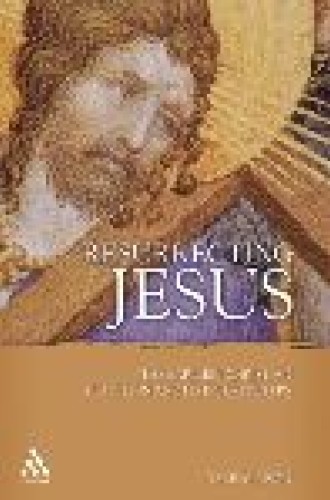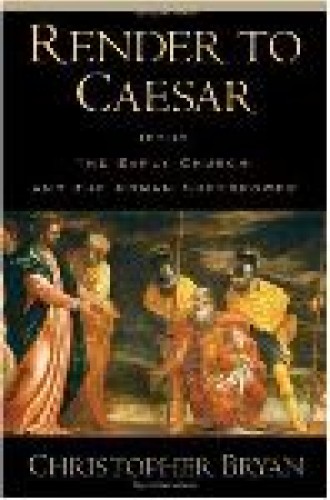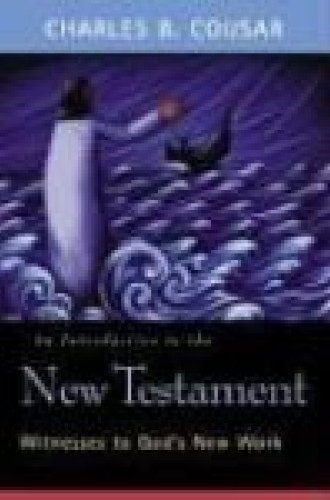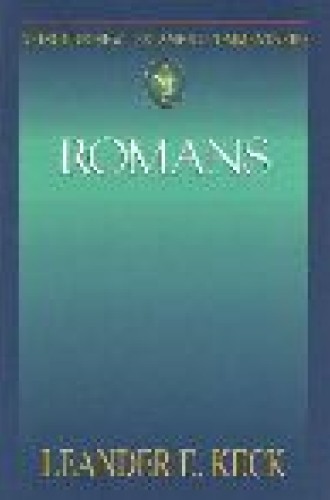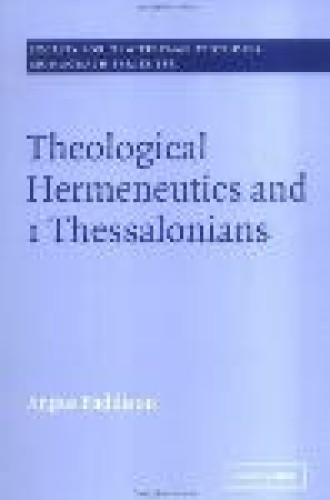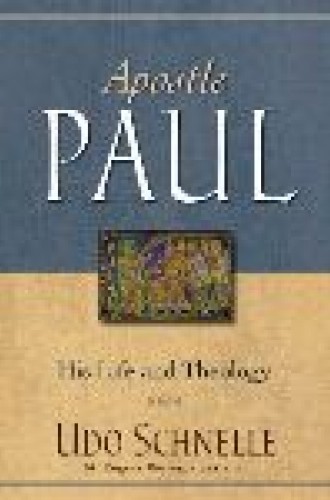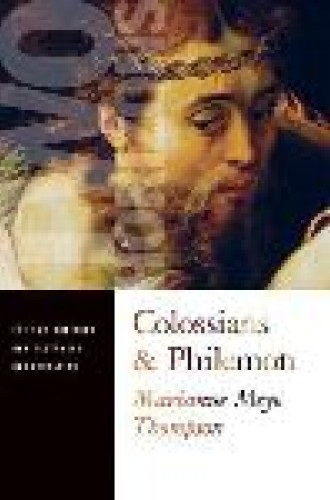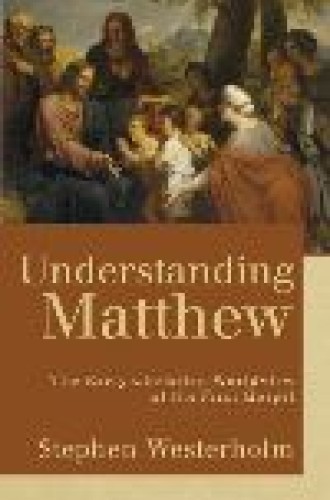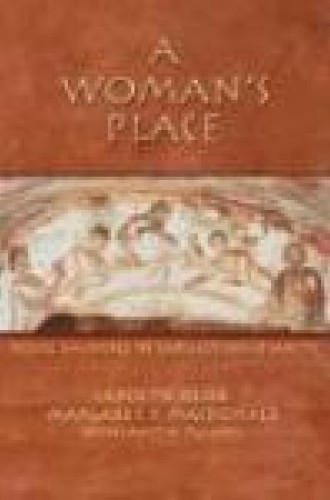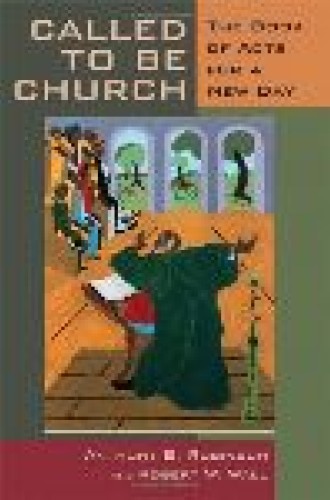Take and read
Allison extends his earlier Jesus of Nazareth: Millenarian Prophet with a series of essays displaying a distinctive combination of erudition, common sense and gentle wit. One particularly welcome section is the discussion of polemic and apologetics in historical reconstruction, which features an autobiographical account of Allison’s own vocation and scholarly commitments.
With questions of empire as close as the daily headlines, it is not surprising that exegetes have once again taken up the problem of the early church’s stance toward Rome. Over against the argument of Richard Horsley and others that Jesus and his followers intended to overthrow Roman rule and restore independence to Judeans and Galileans, Bryan cogently and elegantly argues that the biblical tradition confronts human power structures not to displace them, but to insist that they recognize their origin in God and their purpose of serving God by promoting justice and peace.
As conspiracy theories about early Christianity abound and actual readership of New Testament texts declines, introductions that offer genuine guidance take on new importance. Leaving to others the task of rehearsing the scholarly debates, Cousar offers readers the sort of incisive and lucid treatment of the content of the New Testament writings that characterizes all his work. The chapter called “Studying the New Testament” is worth the price of the book.
Already in the third century, Origen commented on the general agreement among interpreters that Romans is Paul’s most difficult letter, an observation that is confirmed anew with each generation of readers. Keck does not cause the problem to disappear, but he does patiently help readers through the labyrinth of Paul’s argument, always mindful of the letter’s preoccupation with God’s act of rectification in Jesus Christ.
The study of women and of family life in the Roman world has exploded in recent decades, putting into question all sorts of assumptions about women’s place within and outside of Christianity. Osiek and MacDonald attend with equal care to that growing literature and to the primary literature of early Christianity to offer a glimpse of the lives of Christian wives, widows, mothers and children, and female slaves.
One of the welcome developments in contemporary biblical criticism is the reinvigoration of interest in theological interpretation. Paddison longs for biblical scholars to attend with care to the actual subject matter of the text rather than only to its historical setting or literary features. After drawing on the work of Thomas Aquinas and John Calvin, Paddison offers a reading of 1 Thessalonians 4:13-18 that is both theologically penetrating and deeply provocative.
The current public fascination with privatized spirituality and religiosity collides head-on with the Bible’s repeated accounts of God’s creating, correcting and sustaining communities of faith. This timely volume offers an interpretation of the Acts of the Apostles that rightly emphasizes the ecclesial locus of God’s action. The conversation between Robinson, a Congregational/United Church of Christ pastor, and Wall, a biblical scholar from the Free Methodist Church, extends across both denominational and professional boundaries in fresh and encouraging ways.
English-speaking audiences are deeply indebted to Eugene Boring for this translation of Schnelle’s comprehensive introduction to the apostle Paul, which is certain to be a standard resource for a generation. The first half of the book takes up the life and ministry of Paul, including a discussion of each of the letters; the second half turns to Paul’s theology. The volume is consistently marked by careful attention to the letters themselves as well as to a wide range of other primary texts, and by deep engagement with the vast scholarly literature.
With the theological and literary acuity that has established her as one of the leading interpreters of John’s Gospel, Thompson takes up two often-neglected epistles. She rightly underscores the preoccupation of Colossians with the cosmic interpretation of Christ and helpfully explores the theological anthropology of Philemon. The result is both theologically and pastorally rewarding.
Biblical scholars regularly offer introductory volumes that are intended for a general audience, but few are as successful as Westerholm in unpacking difficult concepts and finding apt analogies. Here he guides readers through Matthew’s worldview and his understanding of Jesus, engaging along the way with Dietrich Bonhoeffer as an interpreter and an embodiment of discipleship.


